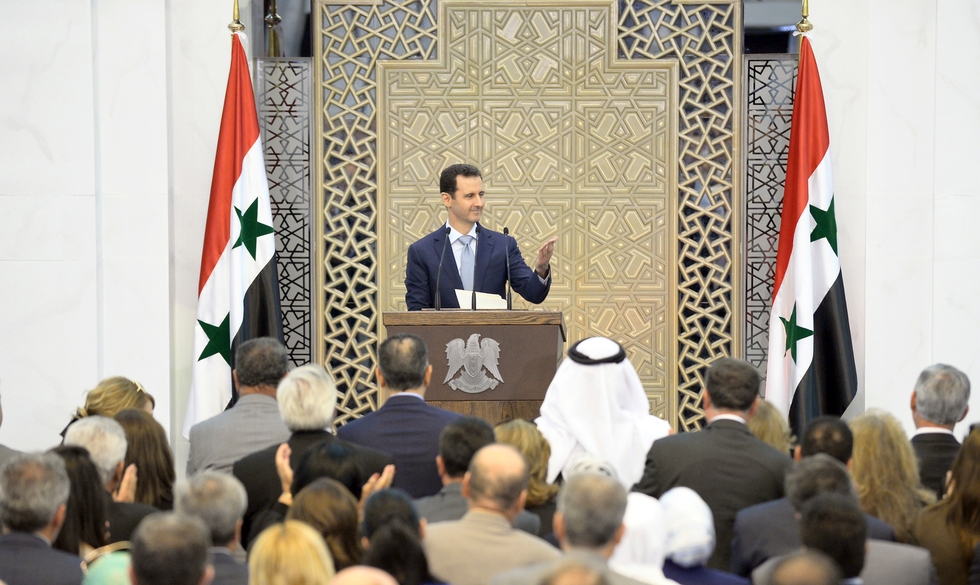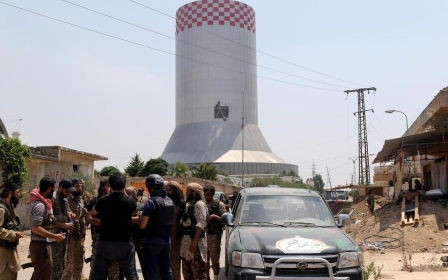Assad pledges to punish cousin over road rage murder

Syria's President Bashar al-Assad has vowed to punish a cousin who is accused of killing a military officer, the family of the victim told the Syrian daily Al-Watan on Monday.
Suleiman al-Assad, a first cousin once removed of the president, is accused of shooting dead Colonel Hassan al-Sheikh in an apparent road rage incident on Thursday evening.
Sheikh's wife Mayssa Ghanem told Al-Watan, which is close to the government, that she had "received a promise from President Assad to punish the perpetrator, whoever he is".
The pledge was passed to her by "official delegations that came to Latakia to express their sympathies," she said.
"I have confidence in the word of the president, who is personally taking charge. We will get our rights."
Suleiman al-Assad allegedly killed Sheikh after the colonel reportedly overtook him at a crossroads in Latakia, the coastal province that is the heartland of the minority Alawite community to which the president belongs.
Both Sheikh and his alleged killer are Alawites, and the incident caused tensions in Latakia's provincial capital, where more than 1,000 people protested over the murder and demanded justice on Saturday.
The killer's father, Hilal al-Assad, a first cousin of the president, headed the defence forces in the Mediterranean city before his death in clashes with rebels in nearby Kasab in March 2014.
Sheikh's brother Nasser, who was with the colonel at the time of his death, told Al-Watan that he had witnessed his brother being "killed in cold blood because he did not give way in a traffic jam".
He said he hoped that "the blood of my brother will save us from these criminal actions that kill people on the streets," in an apparent reference to the growing pro-regime militias in Syria that are heavily-armed and often act with impunity.
Latakia governor Ibrahim Khodr al-Salem, who paid condolences on behalf of the presidency, assured them that "your rights will not be set aside so long as President Assad is here," Al-Watan reported.
Middle East Eye propose une couverture et une analyse indépendantes et incomparables du Moyen-Orient, de l’Afrique du Nord et d’autres régions du monde. Pour en savoir plus sur la reprise de ce contenu et les frais qui s’appliquent, veuillez remplir ce formulaire [en anglais]. Pour en savoir plus sur MEE, cliquez ici [en anglais].




